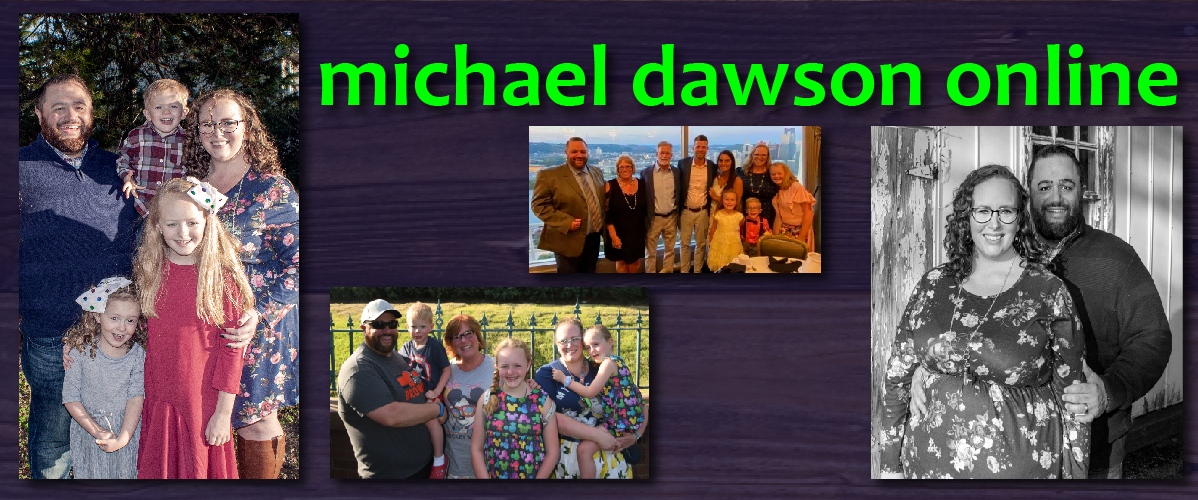In his back and forth Job and his
friends continue to discuss what has brought this calamity on. In chapter
twenty-one Job describes the wicked, the immoral of the earth. The way he sees
it, the wicked live on, sometime in elegance while the righteous get by with
little means … “Why do the wicked live on, growing old and increasing in power?
They see their children established around them, their offspring before their
eyes.” (Job 21:7-8 NIV84). Toward the
end of the chapter in verse thirty-three he remarks how people follow after the
wicked.
In Job’s mind the world is
backwards. The wicked are blessed and followed while the righteous, those who
strive to honor God, seem to suffer heartache and isolation. We might even argue
with Job. We see similar things play out in our world. One of the most humble
righteous seeking people of the twentieth century, Mother Teresa, had no
personal wealth and seemed to wrestle with her isolation. On the other side of
the coin we look at Hollywood and we see people who are immoral, dishonest, and
wicked in many regards awarded with fame and fortune.
However, I wander if we are
considering blessedness true blessedness when we evaluate it against fame and
fortune? I think we, like Job and his friends may evaluate God’s blessings
differently than God does. I don’t think that thought was lost on Job … “But if
I go to the east, he is not there; if I go to the west, I do not find him. When
he is at work in the north, I do not see him; when he turns to the south, I
catch no glimpse of him. But he knows the way that I take; when he has tested
me, I will come forth as gold.” (Job 23:8-10 NIV84) I think Job knows and understands where true
blessings come from.
So how do you define blessings?
Do you measure them the way the world does? Do you measure them the way God does?
And exactly how does God measure blessings?

No comments:
Post a Comment